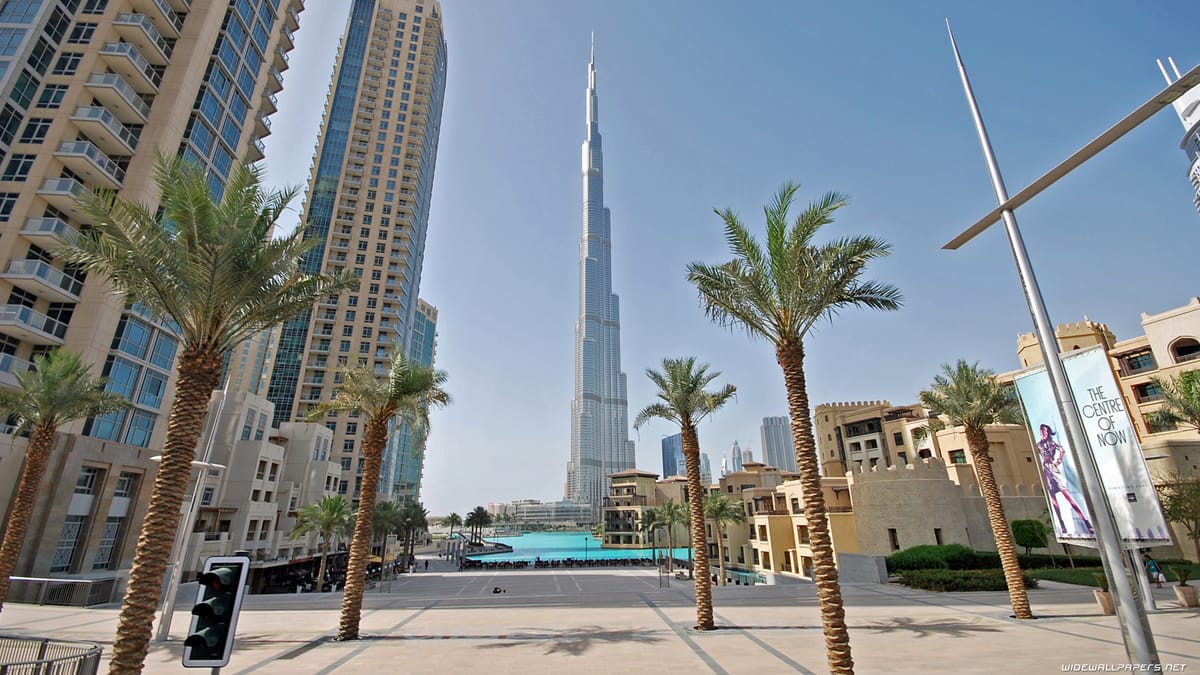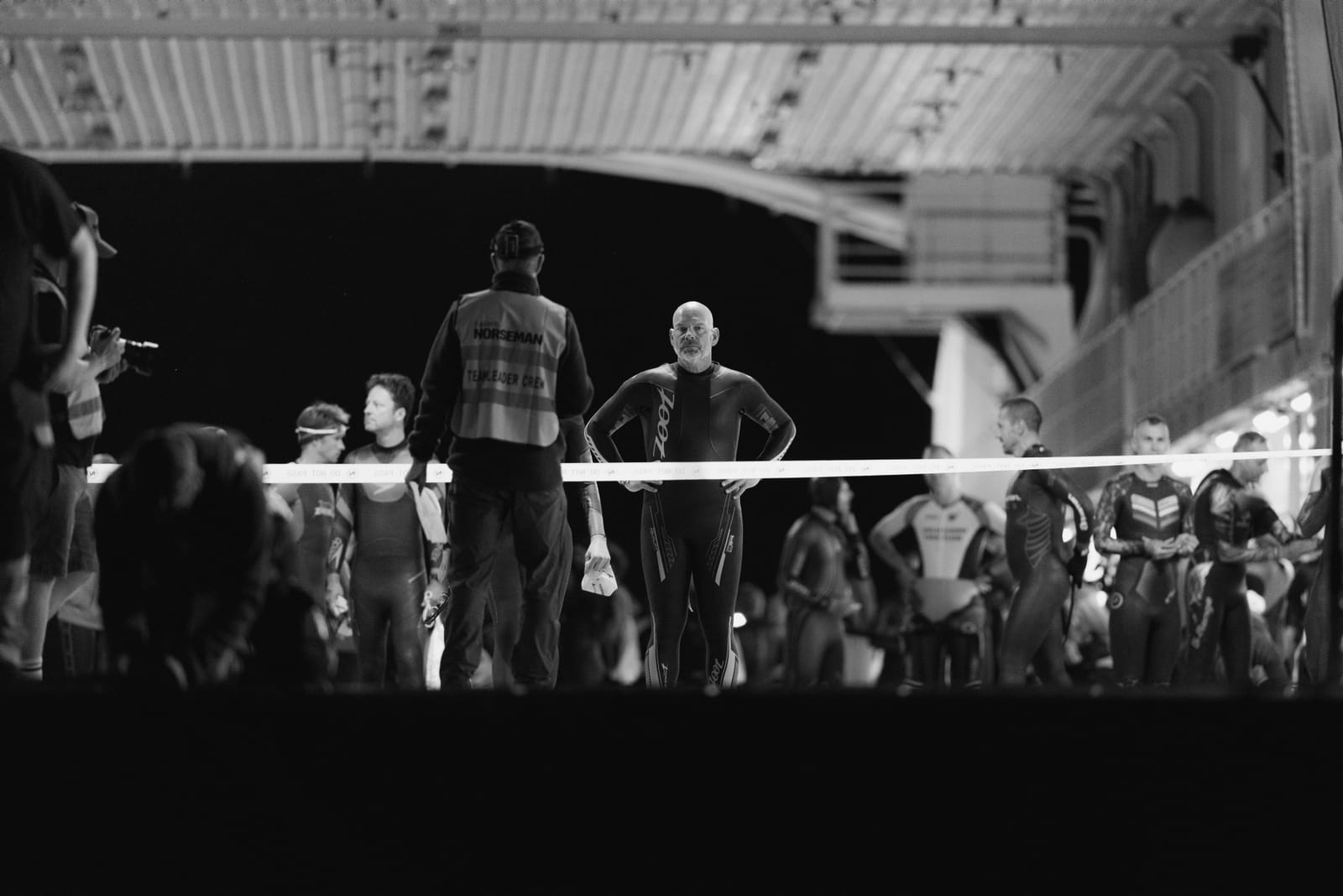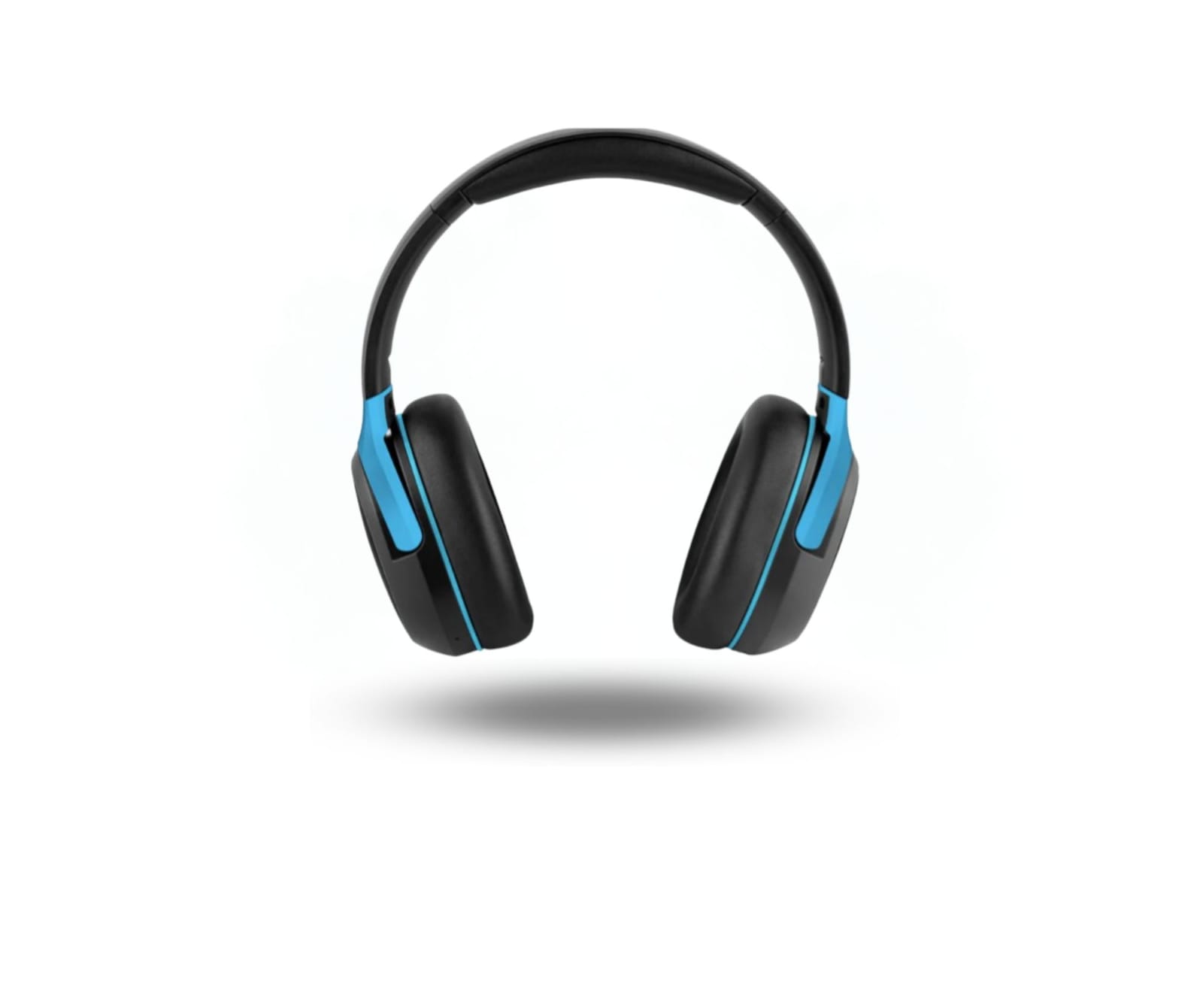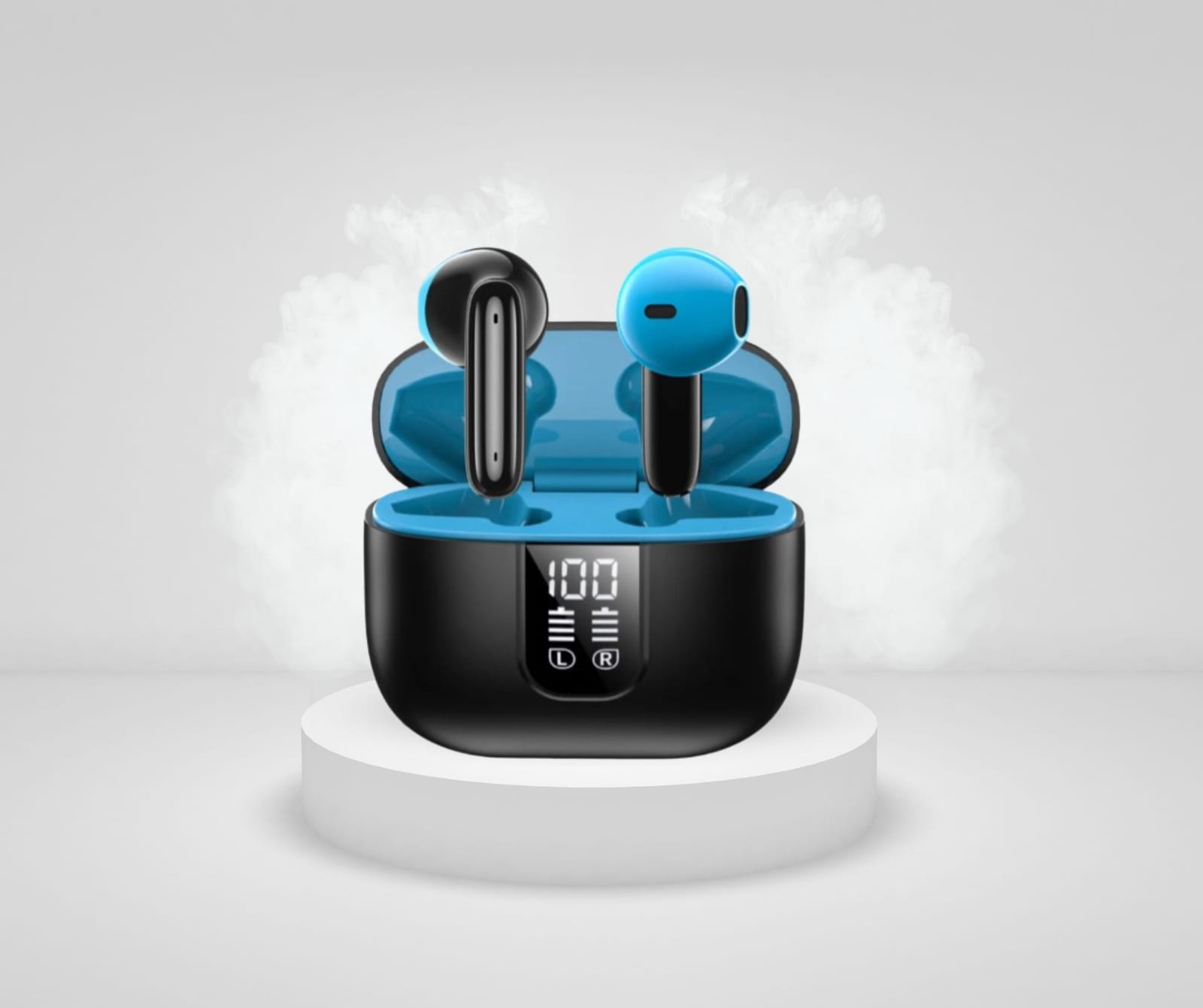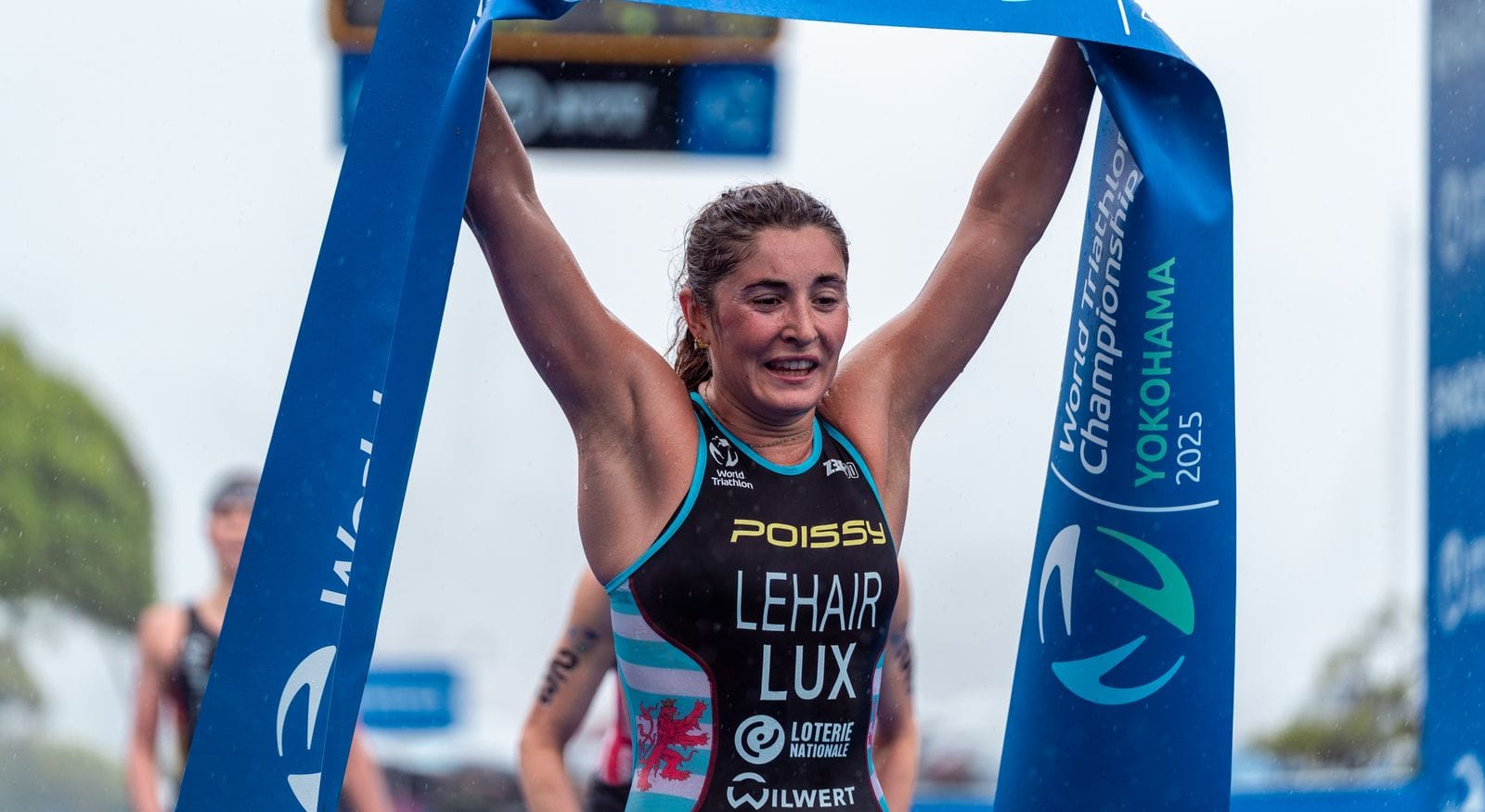Why it is so important to keep your immune system strong & why it will help you go faster!
We’ve all heard it before – ‘eat more fruit and veg’, ‘sleep more’ blah blah…. But as endurance athletes and mostly as age group athletes who work and have many other commitments other than training, it is often these points that are ignored for ‘more kms’ in the strive to get faster. In this article, and in following ones, I am going to explain to you why it is vital that you listen to these messages and why there is far more to getting ‘fit’ (& then faster) than just training.
When we train, we are putting our bodies under stress. This stress is designed to break our bodies down slightly, so that when we are recovering from training, we rebuild stronger and faster than before. Sounds simple right???
If we don’t give our body the right conditions to rebuild, or don’t allow it the time to recover, we will end up just breaking it down bit by bit. This so often ends in illness or injury, which is so common in the build up to Ironman race day.
Many studies have shown that ‘moderate’ exercise improves our immune system, giving us greater ability to ward off bugs and prevent injury. However, I don’t consider training for an Ironman, a half ironman or training seriously for shorter races to be ‘moderate’! Above this moderate level of exercise, our bodies immune systems are actually weakened by the long hours we are spending trying to get faster.
To me, a fit athlete is not necessarily a healthy one. So often people will arrive at their ‘A’ race either sick, having been sick or injured. The healthier you can keep yourself and your immune system during the build up to your big race, the more likely you will be able to get through the training and be able to peak at the right time! While it is always a tough juggle, especially for those time poor athletes, try to avoid being one of those athletes with their eyes hanging out of their heads!
There are several key areas that will help you keep that immune system strong and your body absorbing all the training you are putting it through.
Anti-oxidants
Our bodies naturally produce free radicals, which for the chemically minded, are molecules which lead to destruction inside our bodies. These have been shown to deplete our immune system and can contribute to injury or sickness. When our bodies are under stress, especially during intense exercise, their production is increased.
Anti-oxidants are the saviours, as they pair with free radicals to stop them being destructive. While our bodies produce some anti-oxidants, during times of stress or high training load, supplementation is vital to keep this balance under control. Foods such as beetroot, sweet potato, berries, red capsicum, oranges and broccoli contain high levels of anti-oxidants. The other way to combat these free radicals is supplementation with Vitamin A, C and E and minerals zinc and iron , which are all high in anti-oxidants. Alternatively several vitamin manufacturers make a stand alone anti-oxidant supplement. Many leading nutritionists recommend however that you get these from whole foods, as they contain other vitamins and minerals which are essential for good health.
Additionally the typical ‘more is better’ attitude that so many athletes employ has been recently shown not to work with anti-oxidants, (with the exception of Vit. C). Thus a diet rich in whole foods can help to moderate this and give our bodies the required levels and may even help you in the quest to become leaner for that big race.
A more recently researched mineral or flavonoid is Quercetin, which is also a powerful anti-oxidant. Early research has shown this to also be very supportive of our immune system by fighting virus’, have strong anti-inflammatory properties and support cardio-vascular health. Quercetin is found richly in blueberries, apples, red onions, tea and broccoli. While early studies are limited, it has also been shown so far to improve endurance capacity.
Sleep
When we are asleep our bodies are repairing and rebuilding from the damage we do to them every day by normal life and training. During our sleep our bodies are reaping the rewards of training, not during the actual training itself. Training puts stress on many of our bodies systems and breaks us down slightly, with the effect of this being our bodies ‘super compensating’ and rebuilding stronger and faster than before. Additionally, during our sleep is also the only time our bodies are producing Human Growth Hormone, which is vital for us as athletes to get stronger and quicker.
Considering these facts, if we cut our sleep short, we are not only limiting the amount we absorb from our training, we are also risking injury and illness. This then has a two-fold negative effect on our performance.
Diet
It is vital that while we train and immediately following training that we eat something which contains carbohydrates and ideally protein (especially post exercise). While many of us recognise the importance of this on immediate performance, it is also very important for our immune systems. This is because when our blood glucose levels are low, it triggers our bodies to release stress hormones, which suppress the immune system. Additionally when our bodies don’t have the required protein to ‘rebuild’ post exercise, it makes our immune system further susceptible, as our bodies require protein to build the necessary cells, antibodies and cytokines to fight illness.
An important thing to remember also is that every cell in our bodies is replaced every 6 weeks and during heavy training, even less. Therefore the quality of these cells is highly dependent upon what we give our bodies to produce these cells (nutrition, hydration) and the conditions we expose our bodies to (sleep, stress, training). The higher quality these are, the higher quality the cells will be and therefore the better you will feel and the better you will perform!
So in the lead up to the last races of the season, whether you are just looking to finish or to win, there is far more to performance than just the hours or kilometres. Don’t lose sight of the ‘small things’ which are vital for performance.
The simple message is; if you treat your body well, it will treat you well when it really counts.



